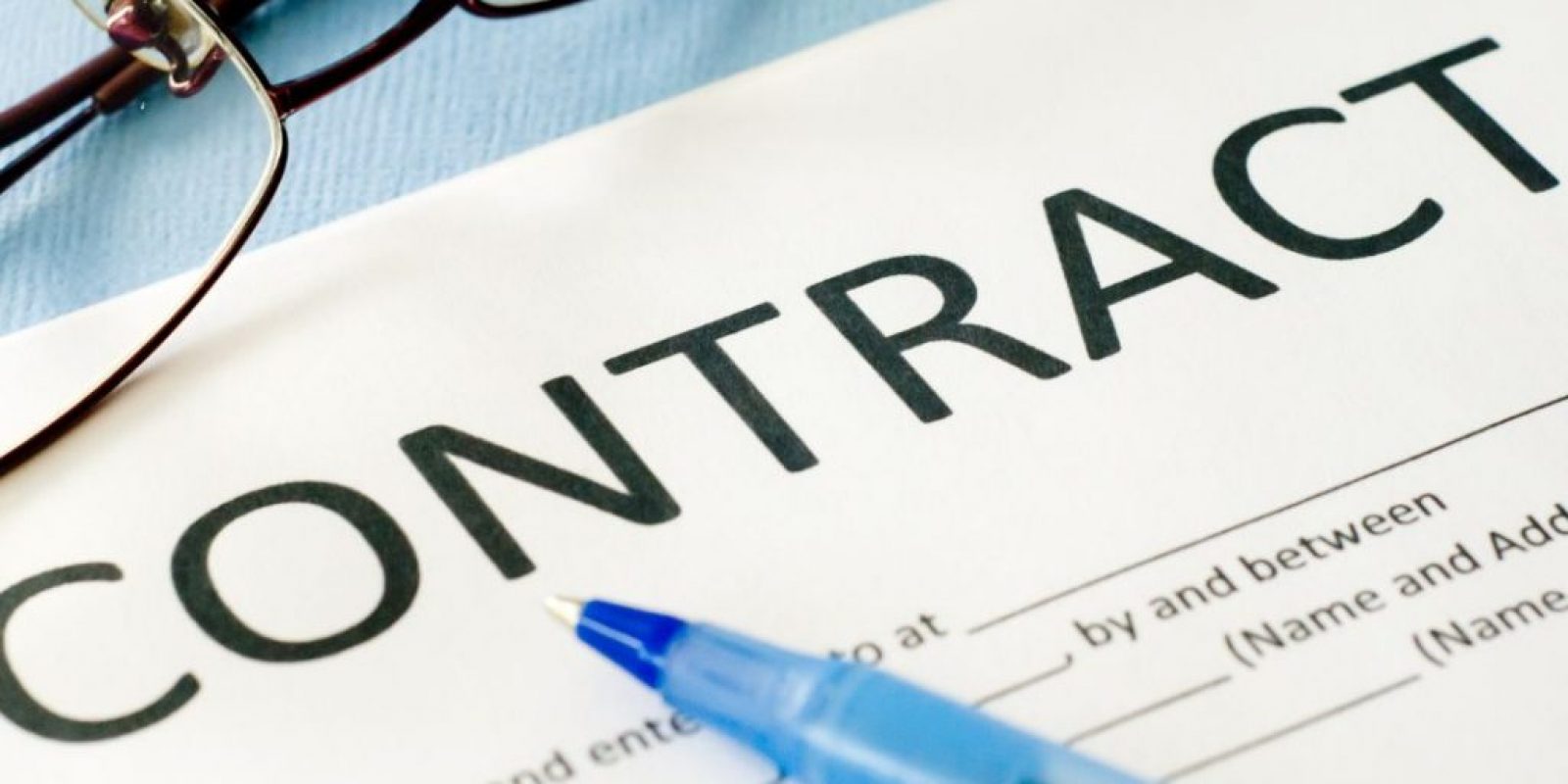Getting an agent is exciting. You now have a critique partner, editor, and advocate to help you build your author career.
While you can become “friends” with your agent, the relationship between an author and an agent is a legal one. When you and an agent decide to work together, you’ll be asked to sign an agency agreement.
Understanding the ins and outs of this contract is vital to safeguarding your interests and building a strong partnership with your agent.
Here’s what you need to know regarding agency agreements.
The Agency Agreement
Think of an agency agreement as a formal handshake between you, the author, and your literary agent, the broker of your work. The agency agreement outlines the terms and conditions that will govern your collaboration, where both parties have rights, responsibilities, and expectations.
The agreement defines the scope and duration of your partnership, so you know how long you’ll be working together and the specific areas in which your agent will represent you.
Be sure to pay attention to the termination clauses as well. While you always hope for a successful, lifelong partnership, it’s essential to have a clear understanding of the conditions under which the agreement can be ended.
Don’t let the excitement of getting an agent lead you to skim through the agreement. Read it and if there’s anything you don’t understand, ask the agent or a lawyer.
Representation and Exclusive Rights
One crucial aspect of agency agreements is understanding the concept of exclusive representation. When you grant your agent exclusive rights, it means they are the sole representative of your work within specific territories or markets.
Agents can vary on what they ask for when representing you. My agency signs agreements with authors on the single book pitched or the series if it is multiple connected books. Once those agreements are completed, we can still work with the author, but we sign a new agreement for the next book or series. However, other agents might ask for all your books within your genre or topic.
You’ll also want to understand subsidiary rights. These are the additional rights beyond your book’s publication, such as alternative publications, film adaptations, audiobooks, and foreign translations. These rights can be a goldmine of opportunities, and negotiating how they will be handled is a critical part of the agency agreement. Your agent can work to hold on to these rights from publishers, which allows your agent to sell them separately. With that said, many publishers ask for these rights, but it’s possible they’re negotiable.
Commission and Payment Terms
Some authors question the commissions agents ask for, often because they don’t know what agents do beyond find a publisher and negotiate a contract. Much of what authors pay for is editing, prepping docs, networking with editors, understanding contracts and rights, submission and follow-up, negotiating, communicating, providing moral support, keeping you on track with your editor, mediating with the publisher if necessary, and more. And remember, agents don’t get paid until you do, which means an agent is going to invest months, if not years, in you and your career before they receive any pay.
The commission structure in the agency agreement outlines how your agent will be compensated for helping you sell your book. Typical industry standards hover around the 15% mark, and while theoretically, this is negotiable, few agents will budge on this.
The commission comes from advances (if there is one) and royalties (if the author earns any). An advance is an upfront payment from the publisher against future royalties. Many publishers don’t pay an advance or offer a low one.
Royalties are a percentage of your book’s sales income paid to you once advance is repaid. Most publishers pay quarterly or twice a year, although a few small presses pay more frequently.
These payments are sent to your agent, who then pays them to you, minus their commission. How and when these are paid are established in the agency agreement.
Contract Length and Renewal
Agency agreements, especially those that aren’t tied to a specific book or series, have an expiration date. The initial contract length is an important consideration. How long are you comfortable committing to the agent? Does the term align with your career goals?
At the same time, is it a realistic length? It can take six months to a year to sell a book.
There could be situations in which the agent terminates the relationship. This could happen for a multitude of reasons, including the agent decides to leave the industry or maybe the book doesn’t sell to a publisher or if it does, it doesn’t sell in the marketplace.
Keep in mind that an agency agreement often includes options for renewal and renegotiation. You may choose to extend your contract based on your positive experiences or decide to explore other representation avenues.
By familiarizing yourself with the key contract terms, you have the knowledge necessary to protect your interests and build a successful author-agent relationship. While the author-agent relationship is a legal one, once the agreement is signed, the focus is on you and the book. Your agent wants you to succeed, so follow through on what your agent requests from you and ask questions if you don’t understand something.




